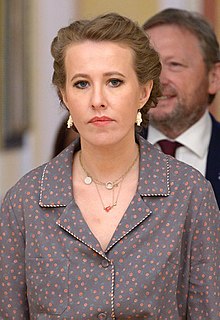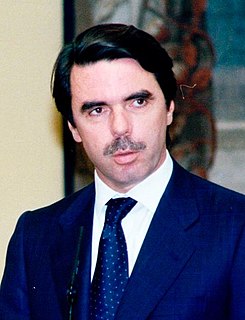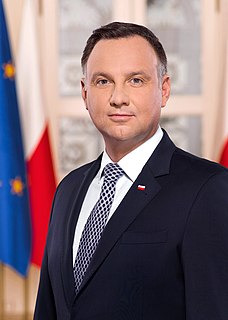A Quote by Angela Merkel
The G7 and former G8 group has always viewed itself as a community of values, the annexation of Crimea, which is a blatant violation of the principles of international law, and the events in eastern Ukraine are serious violations of these common values.
Related Quotes
The G7 - and earlier, the G8 - were a group of countries that shared the same values with regard to freedom and democracy, and through the annexation of Crimea, Russia made it clear at a certain point that these values of keeping the peace, integrity of the borders of a country were not being respected.
Putin saw the Ukrainian revolution as a challenge to him personally, and I think that's why he, in fact, over-reacted. I think his occupation of Crimea and then annexation for him was actually a mistake from Russia's point of view. And then his invasion of Eastern Ukraine was also a mistake. He imagined that he would invade Eastern Ukraine and then eventually split the country in half, and he discovered that in fact, Russian-speaking Ukrainians are not Russians, and they didn't support him.
It is not our affluence, or our plumbing, or our clogged freeways that grip the imagination of others. Rather, it is the values upon which our system is built. These values imply our adherence not only to liberty and individual freedom, but also to international peace, law and order, and constructive social purpose. When we depart from these values, we do so at our peril.
Putin never wanted all of Ukraine. He wanted for historical purposes to take Crimea. He did. Then he wanted a part of Ukraine that he could always use to advance Russian interests. And he is now at a point where nobody in the West is shouting, hey, stop. Give us back Crimea. It's all accepted. And so he has won.









































